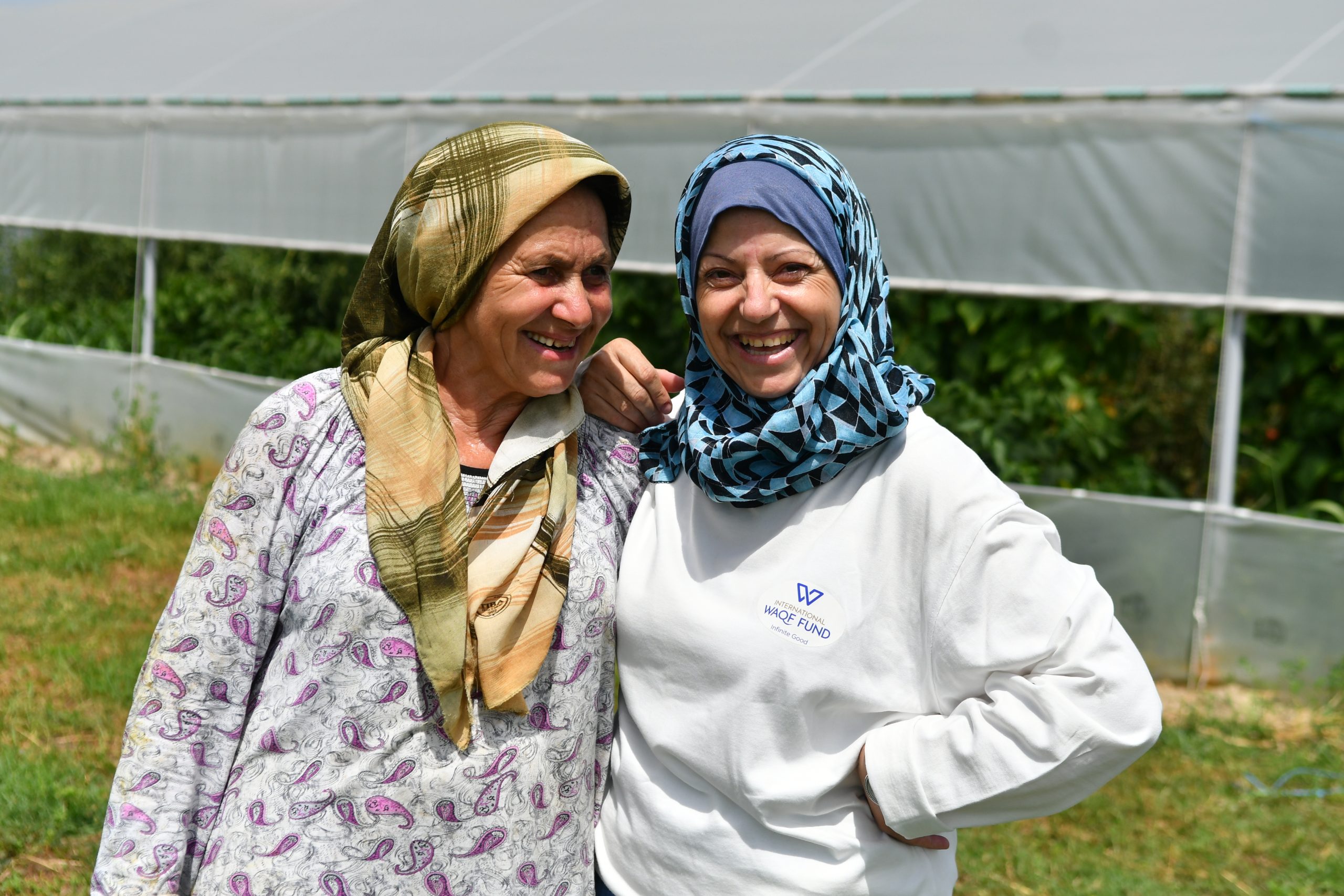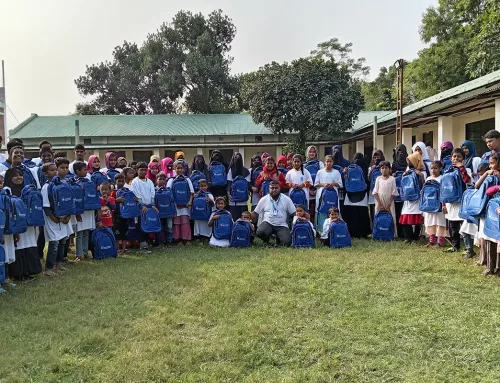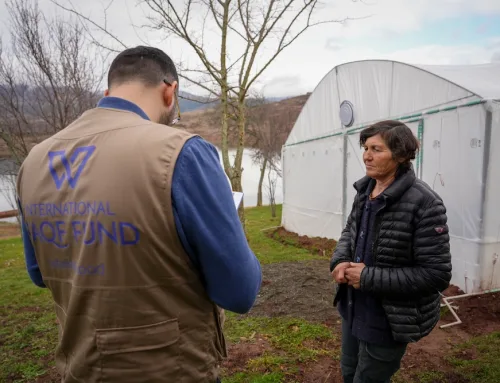Waqf dates back over 1400 years ago. The first Waqf acquired was the Romah well by Uthman ibn Affan (RA). The prophet Muhammad (peace be upon him) advised his companions, whoever were to purchase the well and share the benefits amongst the community will acquire great continuous reward.
Uthman ibn Affan (RA) was the first to take the opportunity, therefore, creating the first Waqf in Islamic history.
The decline of Islamic Waqf
Throughout Islamic history, Waqf played a huge role in building and sustaining society. Waqf provided access to public services such as education, healthcare, food, shelter and mosques. Benefiting the wider community, especially those in need.
Beginning around 1400 years ago, with the Prophet Muhammad (peace be upon him), Waqf was a strong factor in the development and sustainability of society. However, due to various socio-political factors, in the 18th century, Waqf began to decline.
During the end of the 19th century, upon recognising the significance on how waqf helped Muslim communities sustain themselves, the enemies of the Muslims tightened laws around waqf. The French transferred waqf from Muslim governments to non-Muslim advisors. In the wrong hands, Waqf were liquidated and began to decline (Waqf Between Past and Present, 2018).
The power of Waqf
There are two types of Waqf. Waqf Khayri (charitable) and Waqf Ahli (family). Distinguished as public and private awqaf (Abassi, 2013).
With a charitable awqaf, the goal goes beyond wealth distribution. Unlike zakat and sadaqah, which are necessary tools for poverty alleviation, Waqf goes a step further. (Islamic Relief Academy, 2015)
The nature of Waqf is to provide beneficiaries with access to resources and facilities that will sustain them long-term. Waqf tackles the root cause of poverty and works to provide sustainable solutions.
At IWF, our mission is to help uplift communities out of poverty through long-term sustainable solutions. With the returns from the investments of Waqf shares we receive, we are able to action this mission into a reality.
We have successfully been able to provide resources and facilitate various sustainable projects and create a positive and lasting change.





